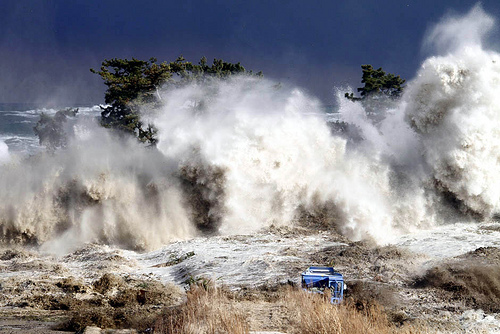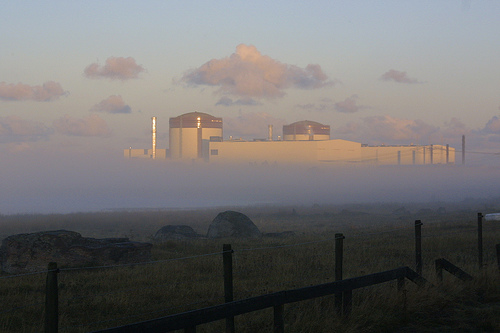
In the wake of the Fukushima nuclear accident in March, the International Atomic Energy Agency (IAEA) on Monday began a five-day Ministerial Conference on Nuclear Safety in Vienna. The objective, according to Director General Yukiya Amano, is to identify the ‘lessons learned’ from the accident and determine how to improve the Agency’s efforts to increase nuclear safety worldwide. To be sure, public confidence in the safety of nuclear power plants has plummeted in recent months, particularly in Japan and Germany where demonstrators have taken to the streets demanding nuclear energy be phased out.
A glance at the conference‘s stated aims and objectives, and at what the media has thus far reported, suggests that discussion of these ‘lessons learned’ has focused on : 1) safety in nuclear installations, 2) emergency preparedness, and, 3) effective first-response to accidents. While the savvy reader will know that the focus of international conferences can change as unpredictably as the weather, a distinct pattern is emerging.
On Monday, the conference adopted a Declaration on Nuclear Safety which expresses the participants’ resolve to enhance nuclear safety around the world. Among the measures it proposes are : 1) enhancing knowledge about nuclear safety; 2) promoting international cooperation and coordination around the issue; and, perhaps most relevantly to Fukushima, 3) meeting the public expectation to provide “factually correct information and assessments of nuclear accidents.”
But the response to the Fukushima accident must address not just the technical and political issues that have dominated the conference so far but, moreover, how we fundamentally think about nuclear safety. What the Japanese people experienced – an earthquake, followed by a tsunami, followed by a nuclear disaster – should, in this sense, be an urgent wake up call.


